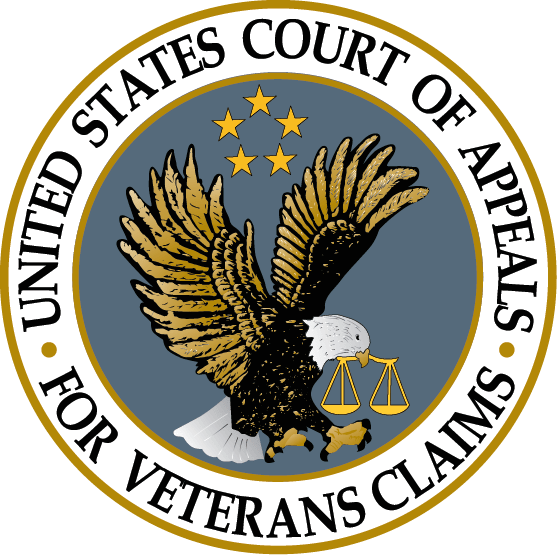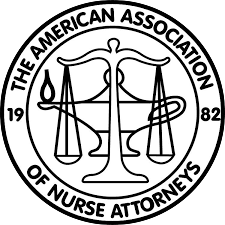
Veteran VA Appeal Options
Did you know Veterans who are denied disability benefits by the Department of Veterans Affairs have many options to appeal this decision?
Veterans who receive a disability rating that is so low it does not correctly show their disability or are flat out reject for disability benefits have options to appeal. The VA has created quite a challenging system, so it comes a no surprise several Veterans are not clear on the various appeal options and deadlines that influence their case. Attorney Stephen Brodsky has 27 years of experience helping Veterans living in San Diego successfully appeal their case. Working with a knowledgeable attorney can make a world of a difference to help Veterans get the most favorable results.
Now let us discuss the different ways Veterans can appeal their VA claim
Veterans Appeal and Moderation
To assist Veterans in getting results and the disability compensation required faster, the Veterans Appeals Improvement and Modernization Act (AMA) was established in 2017. This ensured the proceeding of appeals for Veterans was accelerated.
Since the Appeals Modernization Act was passed this led to numerous opportunities for the VA appeals action. Every option has a good and bad side that must be taken into consideration. Knowing this information can easily help decision making easier. It also can become confusing for many Veteran’s trying to choose what is best for them.
Below is a thorough breakdown of your VA appeal options.
What Is Your VA Appeal Options?
If a Veteran in the San Diego area disagrees with the VA’s ruling on their claim, Attorney Stephen Brodsky can help you understand the most beneficial choice when asking for an appeal through one of the means below.
- Appeal to Board of Veterans Appeals (BVA)
- Higher-level Review
- Supplemental Claim Review
- Appeal to the CAVC
Keep in mind these appeals will usually take a year or more for a decision to be made.
Appeal to Board of Veterans Appeals (BVA)
If you wish to appeal through the Board of Veterans Appels a Veteran should do so by going straight to the BVA with a notice of disagreement (NOD). This differs from other options because the VA will not be able to help you come up with more evidence to support your case. Below are the options you can request when appealing to the BVA.
- Evidence of Submission – This option is best for those who want to offer more evidence to help their claim. Veterans must submit evidence within 90 days after filing the NOD.
- A Direct Review – If you prefer not to ask for a hearing or submit additional evidence this is a good option.
- A Hearing – With this option you will have to provide additional evidence and testify in front of a Veterans Law Judge. Evidence needs to be submitted at the hearing or within 90 days of the hearing.
For help appealing to the Board of Veterans Appeals, feel free to reach out to Stephen Brodsky.
Higher-Level Review
If you are not happy with the VA’s decision Veterans can ask for a de novo review. This basically escalates your claim to a higher-level VA claims adjudicator. You may choose to have an unofficial phone conference with the adjudicator to go over any problems.
Veterans will have the chance to offer new claims pointing out legal inaccuracies by the VA to support their case. The negative side to this option is you will not be able to provide any additional evidence for your claim.
Veterans living in San Antonio can contact Stephan Brodsky for assistance filing a Higher-Level Review.
Supplemental Claim Review
Going the Supplemental Claim route is quite popular and effective for many Veterans. Providing new and admissible evidence to prove your claim is required for this option.
Examples of evidence you can submit:
- Medical Opinions – Get a remark from a private doctor stating your disability is unlikely to be associated with your service.
- Buddy Statements – A statement from family and friends are useful in proving you were hurt in service.
- Medical Records – Receive a proved diagnosis from an independent medical examiner.
- Images – Having photographic proof you were in a certain place at a certain time can serve as evidence.
- Newspaper Articles – If you have an article at the time of your injury this may assist in proving what caused the disability.
Appeal to CAVC
Veterans who were not satisfied with the BVA’s decision can appeal to the CAVC in Washington D.C. Generally, the CAVC only analyses existing cases. A judge or panel will evaluate the claim and conclude. Once the case if reviewed the CAVC may agree with the BVA’s decision or ask the BVA to correct the decision.
An appeal to the CAVC must be within 120 days after the BVA’s decision.
Do you need an attorney with years’ experience with appeal at the CAVC? Contact Stephen Brodsky so we can let assess how to assist you.
Why You Should Work With Stephen Brodsky
Stephen Brodsky is an attorney offering services regarding healthcare, criminal, administrative legal services internationally to military service members and military criminal defense cases. During his extensive time practicing law in California, Mr. Brodsky has established himself as one of San Diego’s most experience criminal defense attorneys.
Stephen Brodsky provides expert representation for Veterans regarding disability compensation claims to the VA, including physical and medical assessment board depiction to claim disability in the military disability structure. He has a vigorous pro bono practice for homeless veterans and works endlessly to help military crew in every way.
Contact Stephen Brodsky Esq. for help with overcoming your VA cases and get the verdict you truly deserve.




